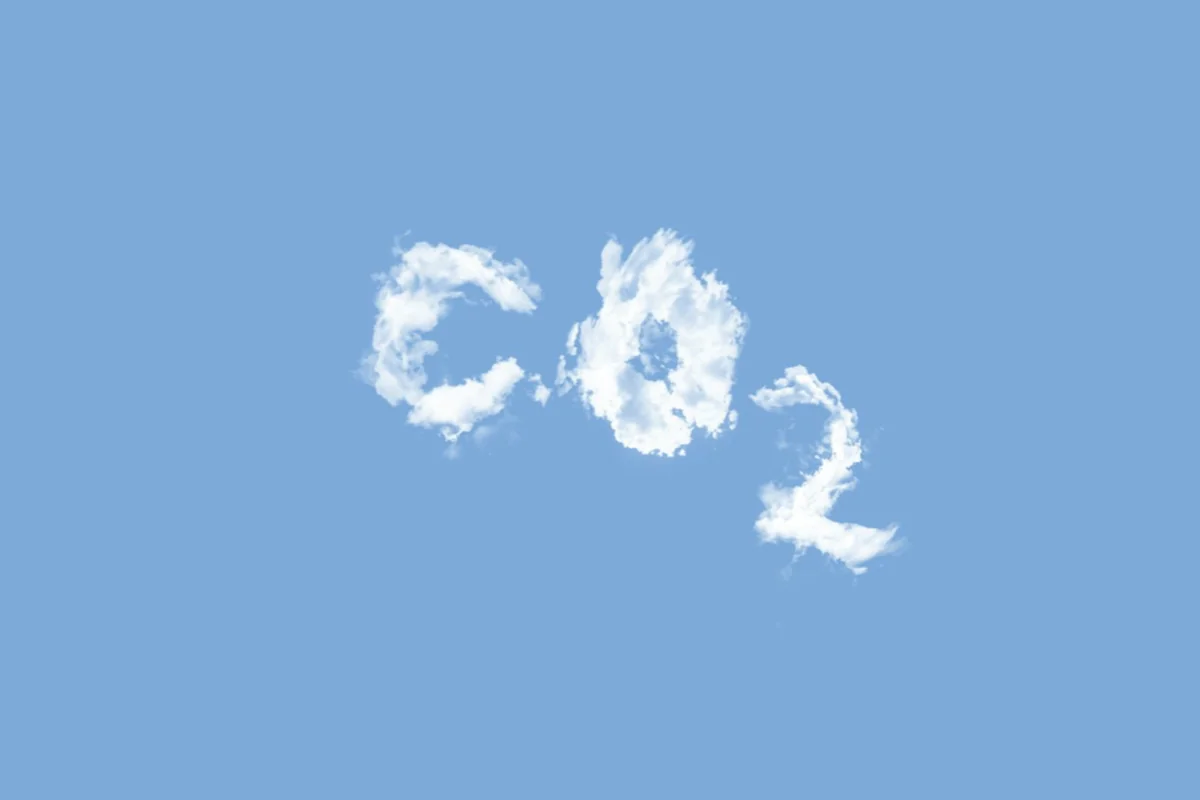
Carbon Credits: What Are They and Why Are They Popular?
A Carbon Credit is an allowance for a company holding the credit to emit carbon emissions or greenhouse gases. A single credit equals one ton of carbon dioxide to be emitted or the mass equivalent to carbon dioxide for other gases.
Carbon credits have been a hot topic in the news. Both China and the EU have put forward new carbon plans. Both plans involve carbon credits, but what are they? Are they a currency, documents, or actual pieces of carbon?
What Are Carbon Credits? A Carbon Credits Definition.
A Carbon Credit is an allowance for a company holding the credit to emit carbon emissions or greenhouse gases. A single credit equals one ton of carbon dioxide to be emitted or the mass equivalent to carbon dioxide for other gases. Companies hold many credits, as many as they wish to purchase to balance out their emissions.
Why can’t companies just stockpile carbon credits?
There are two characteristics of carbon credits. Excess credits are sold by companies to recoup finances and the amount of credits a company can hold is capped. These points encourage companies to sell their excess credits to other companies, as excess credits will result in fines.
How does one create a carbon credit?
Credits( article continues at CarbonCredits.com )